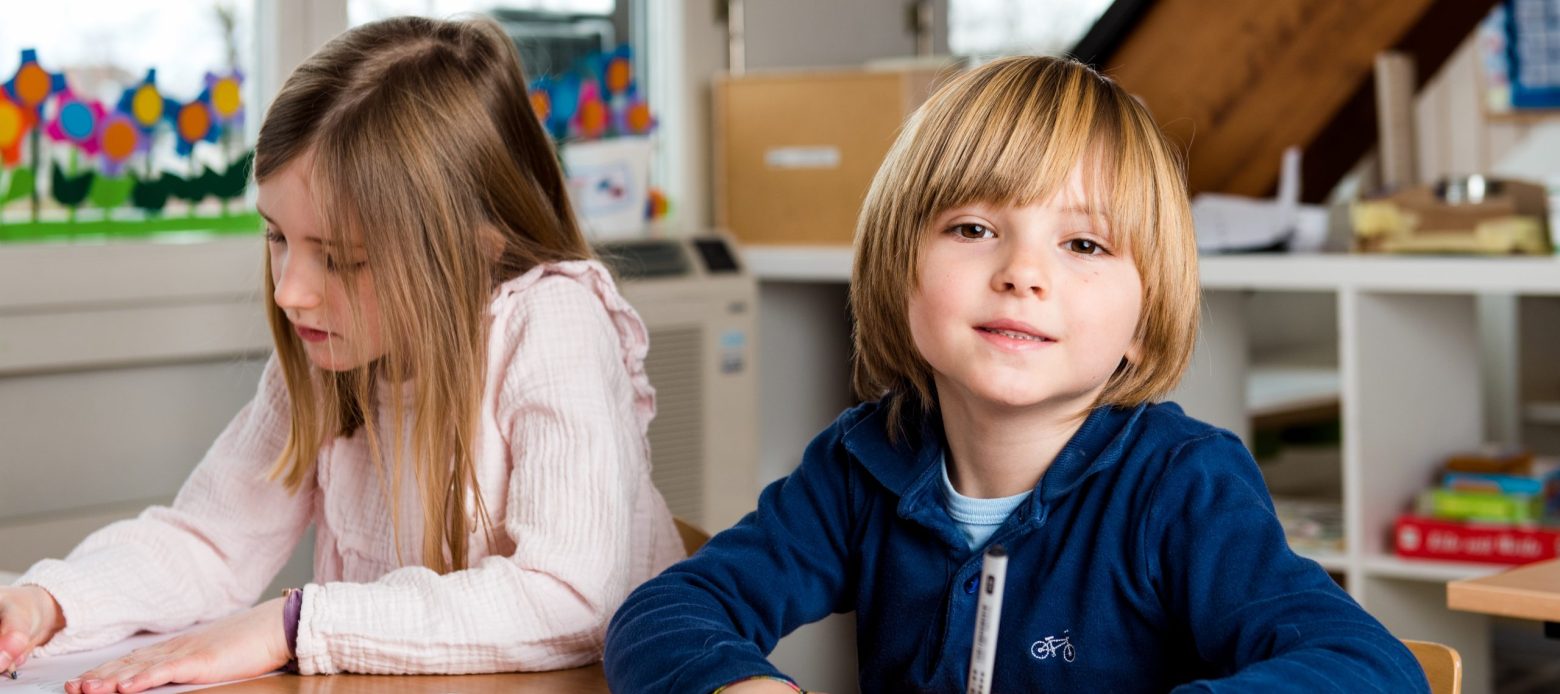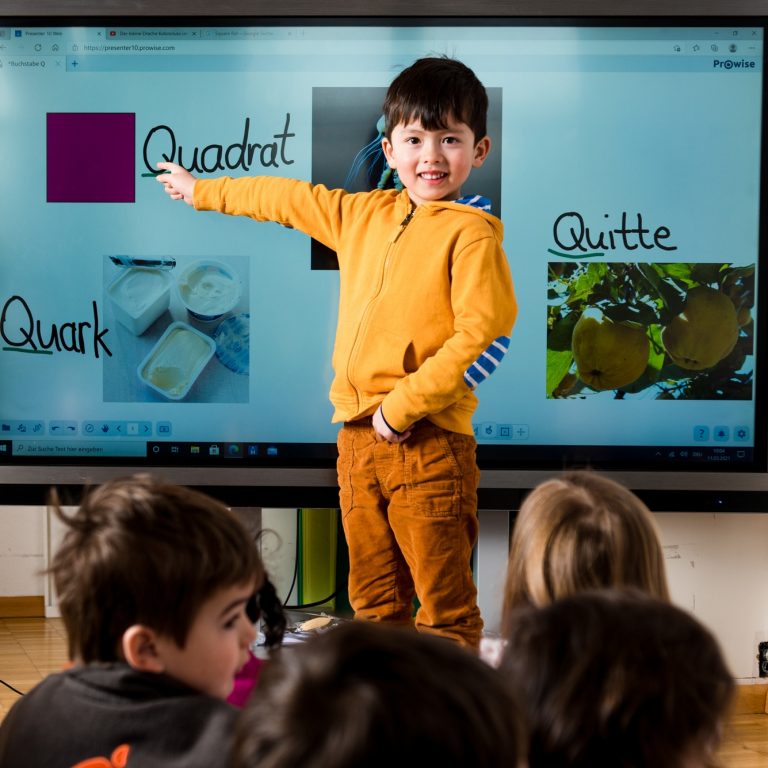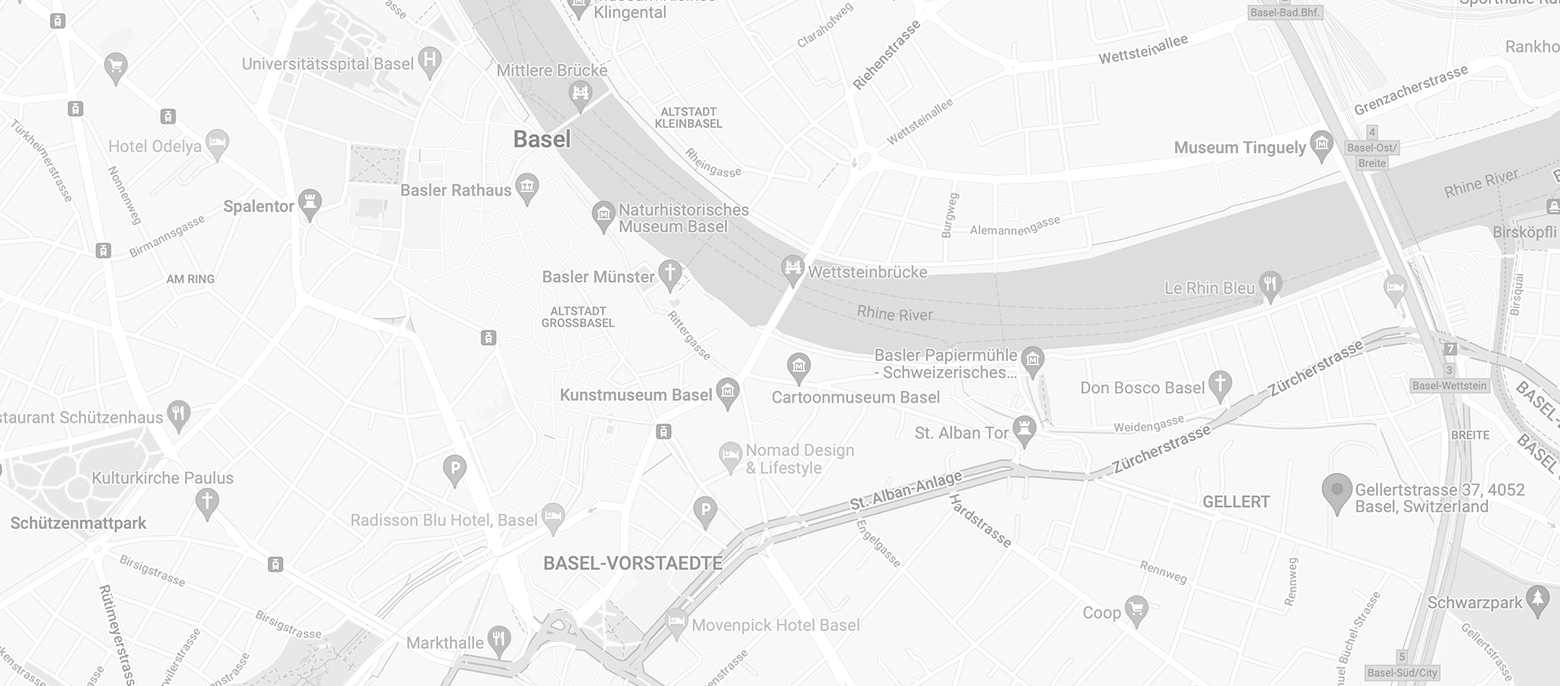Welcome to Our Kindergarten: The Perfect Start for Your Child!
Choosing the right kindergarten is a key decision in your child’s early development. Our kindergarten provides the ideal environment for your child to grow, learn, and thrive in a playful and nurturing setting. By combining the local Curriculum 21 with the internationally renowned IB Primary Years Programme (PYP), we create a unique learning experience that prepares your child for a bright future. In our kindergarten classes we offer a stimulating and nurturing educational environment in which children can develop their German and English language skills
Why Choose Our Kindergarten?
1. Modern Education with Curriculum 21
Curriculum 21 focuses on fostering competencies that will benefit your child for life:
- Creative thinking and problem-solving
- Teamwork and social skills
- Independence and responsibility
This proven approach helps your child explore the world in a playful and meaningful way.
2. A Global Perspective with the IB PYP Curriculum
The IB Primary Years Programme complements Curriculum 21 with an international outlook. Your child will develop:
- Cultural openness and tolerance
- Multilingual skills through targeted learning
- Holistic understanding through projects and creative approaches
The IB PYP Curriculum empowers children to see the world with curiosity and actively shape it.
What Parents Want to Know
- Safe and Loving Care:Every child is seen and supported as an individual. Our trained educators nurture your child with warmth and professionalism.
- Play-Based Learning:We make discovering the world an exciting adventure, where fun is always a priority.
- Development of Social Skills:Your child will learn to interact respectfully, make friends, and resolve conflicts.
- Encouragement of Curiosity and Creativity:We provide diverse activities to foster your child’s natural curiosity and spark their imagination.
- Flexible Care Options:We understand the importance of balancing work and family, which is why we offer flexible care schedules.
What Makes Our Approach Unique?
By combining Curriculum 21 and the IB PYP Curriculum, we ensure your child:
- Is perfectly prepared for school, both locally and internationally.
- Develops language and intercultural skillsessential for today’s world.
- Builds a strong sense of confidence to face future challenges.
A Place to Feel at Home – For Children and Parents
Our kindergarten is more than just a place to learn. It’s a place filled with laughter, play, and a sense of belonging. Together, we create a loving community where your child can flourish, and you can rest assured that you’ve made the best decision.
Contact us today to experience the difference! We look forward to meeting you and your child.




